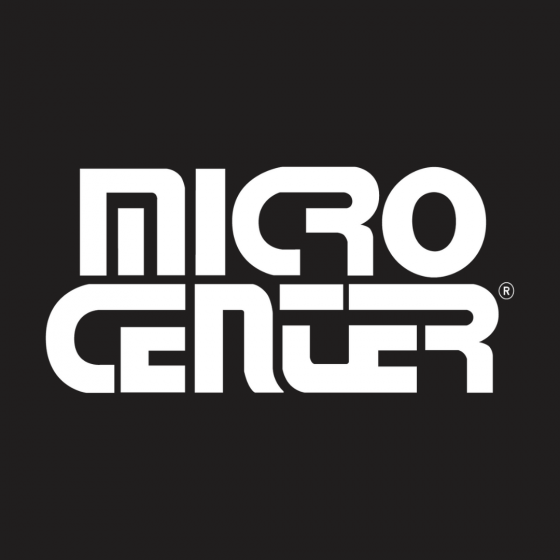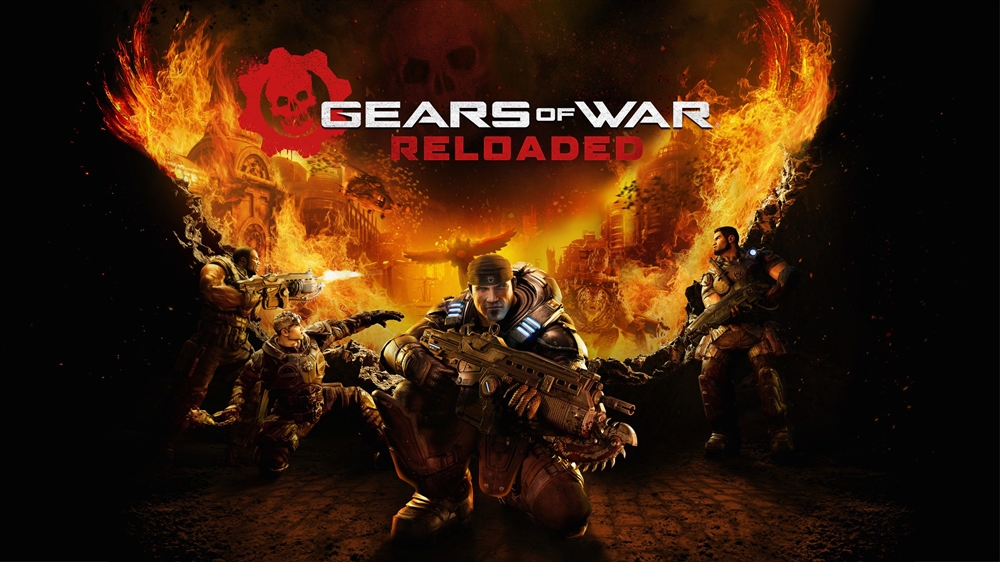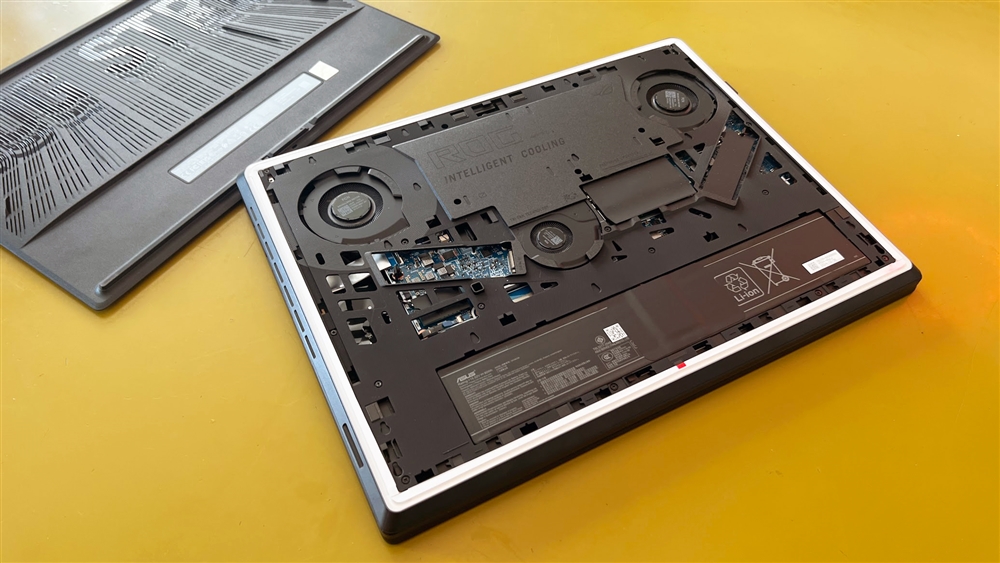How Much RAM Do I Need for Gaming?
How much RAM do I need for gaming, and how much can I expect to need in the future? We'll talk about all of these questions and more, including key advice that will help you pick the best RAM for you.How-To
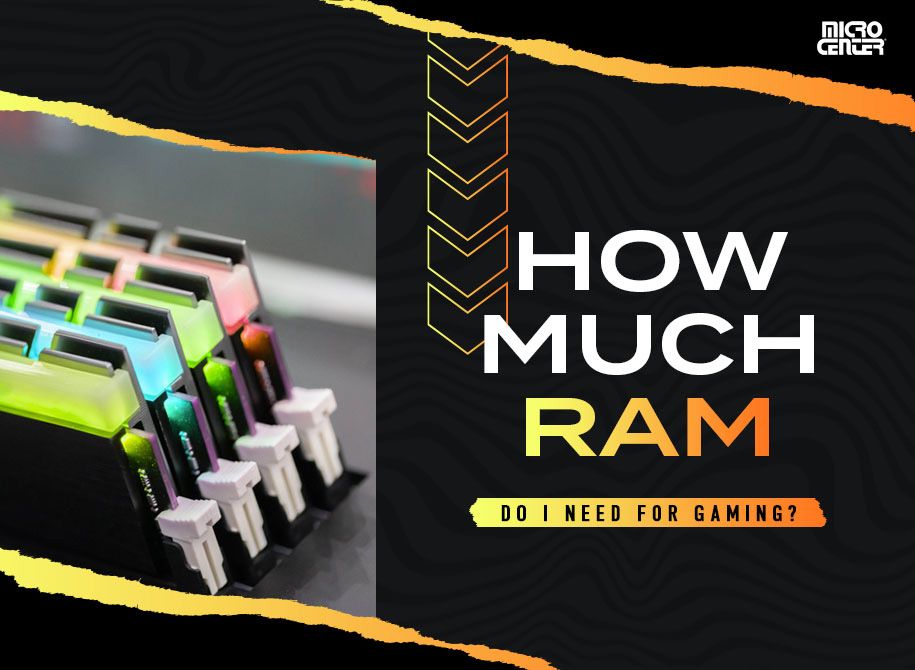
Much like gaming monitors, GPUs, and other PC components, RAM requirements are continuously evolving. It wasn't so long ago that a gaming PC with 8GB RAM was top-of-the-line, and now machines with 32GB RAM are relatively common! (On second thought, maybe it was a long time ago, and we're just getting old.)
So, to ask the core question that brings us here: What's the move for modern gamers when it comes to RAM? How much RAM do I need for gaming, and how much can I expect to need in the future? We'll talk about all of these questions and more, including key advice that will help you pick the best RAM for you.
What Does RAM Do?
The acronym RAM stands for Random Access Memory. You can think of it as a computer's short-term or working memory. RAM is where your computer stores files that it's using currently, including the essential files needed to run your PC games.
Even with today's fast solid-state drives, accessing files from a computer's main storage drive takes some time. When your computer runs a program, whether that's a game or a web browser, it needs quick access to the same files over and over again — so, rather than run the data back and forth from the SSD every time, it stores them in RAM, where it can access them quickly and easily.
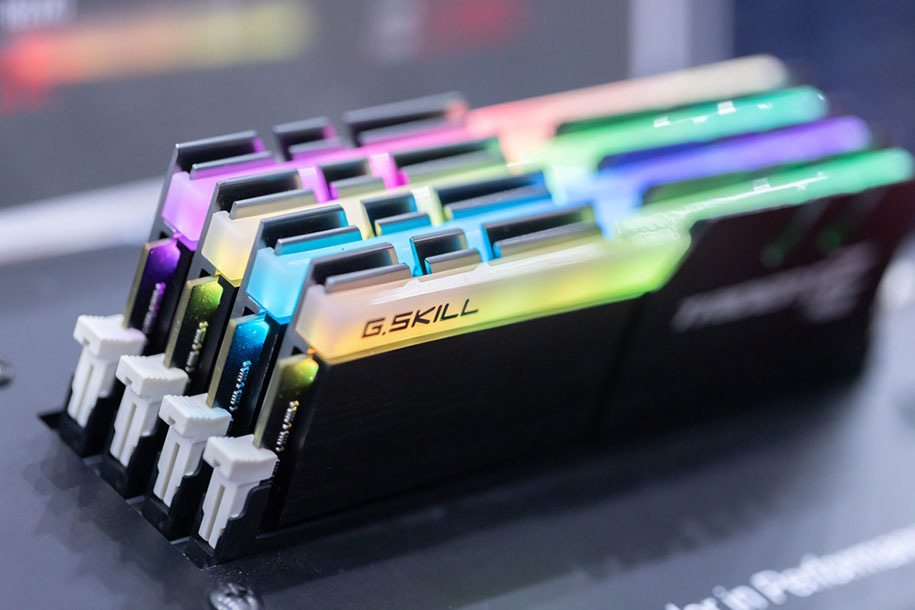
What kind of files are stored in RAM? It can be pretty much anything: game assets, PDFs, Photoshop file layers, website elements, and basically whatever else your PC uses to run programs. Even your operating system itself uses RAM! The key element is that RAM stores stuff you're using right now. Files that you're not currently using are still stored on your SSD (or HDD, if you haven't upgraded).
Tracking Your RAM Usage
If you've already got a PC gaming rig, it can be super useful to track how much RAM it uses while you're gaming and/or running other programs. By knowing how much of your RAM capacity your current games and applications are using, you can get a good idea of whether your current setup is meeting your needs and what kind of RAM upgrades you should be considering.
Fortunately, Windows gives you easy-to-use tools to track RAM usage. Start by making sure you know how much RAM your PC has via Settings > System > About. Then, open up Windows Task Manager, which will show you the percentage of available RAM that your applications are currently using. You can also use the Graph Summary View in Task Manager's Performance tab to monitor usage in real time — or, alternatively, use Windows Resource Monitor if you want to get nerdy with some fine-grained detail.
So, How Much RAM Do I Need for Gaming?
The short answer to this question goes something like this:
- 8GB RAM is no longer practical for gaming. Many recent AAA titles won't even launch with only 8GB of RAM. At best, it's a bare minimum for E-Sports or very lightweight games.
- 16GB is viable, but becoming the new minimum. It works for most games, but newer AAA titles like Baldur's Gate 3 and Cyberpunk 2077: Phantom Liberty already recommend more. Multitasking while gaming (streaming, voice chat, browser tabs) can also max it out.
- 32GB RAM is considered the sweet spot for high-performance gaming and streaming. It's become the recommended spec for modern AAA titles.
- 64GB+ is more common amongst enthusiasts who run simultaneous streaming, content creation, or heavy mods/simulation games. It's not necessary for most, but is an emerging tier.
Now, let's dig a little deeper and learn more about the specific use cases that might affect your decision.
16GB RAM: The Minimum
If you're building or buying a gaming PC today, it should have at least 16GB of RAM. Nearly all modern games now list 16GB as their recommended specification, and many won’t run well with less. Even popular competitive titles that aren't as demanding (like Fortnite or Valorant) benefit noticeably from the extra headroom.
While some lightweight systems and budget laptops still ship with 8GB, that amount is no longer practical for gaming. With only 8GB, most AAA titles won’t run at all, and those that do will require heavily reduced settings and limited multitasking. We can expect game publishers to fully drop 8GB as a minimum requirement going forward.
By contrast, 16GB provides a smooth baseline for today’s games and ensures your system has enough capacity for background tasks like Discord, streaming apps, or web browsers. It’s the safe choice for anyone who wants a gaming PC that can handle both current and upcoming releases without feeling immediately outdated.
32GB RAM: The Solid Middle Ground
For most gamers in 2025, 32GB is the sweet spot. Modern AAA titles increasingly take advantage of the extra capacity, and running today’s games alongside background apps like Discord, streaming software, or multiple browser tabs is far smoother with 32GB than 16GB. With this much RAM, you’ll rarely run into bottlenecks caused by memory, and you’ll have plenty of overhead for the next several years of game releases.
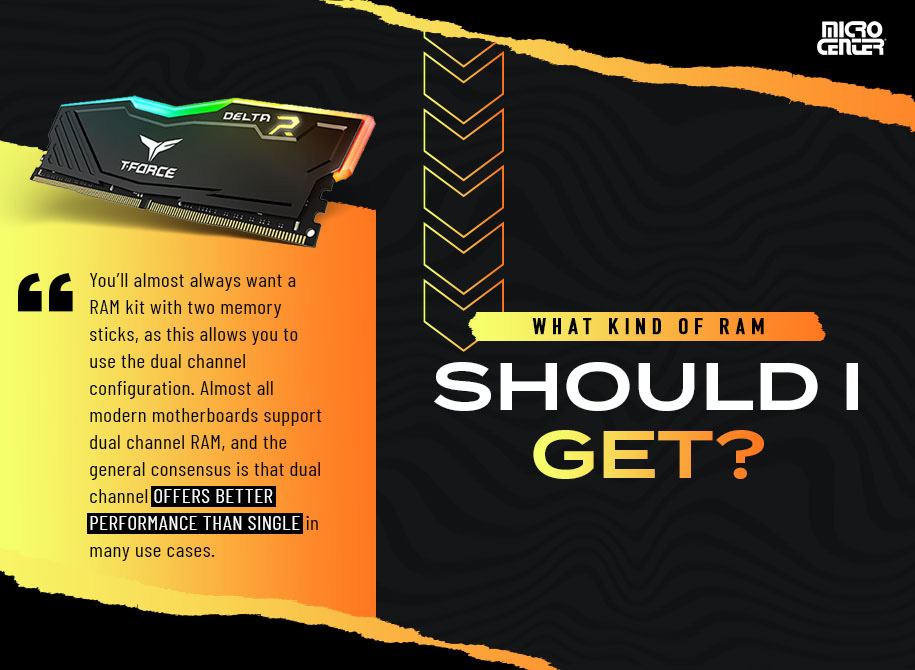
32GB has also become the default option in many high-performance gaming PCs and laptops, and RAM kits in this capacity are now widely available at reasonable prices. If you’re building your own system, a 32GB kit strikes an excellent balance between performance, value, and future-proofing.
While 16GB can still handle many current games, more demanding titles, large-scale simulation games, or heavy multitasking can quickly push it to its limits. That’s why 32GB has become the new standard for gamers who want a smooth, stutter-free experience with room to grow.
64GB+ RAM: The Future
Because tech is always on the move, we're now starting to see more than a few gamers upgrade to 64GB+ RAM. You'll find plenty of high-end laptops and gaming PCs that come factory-equipped with 64GB, and 64GB RAM kits are widely available.
Making the leap to 64GB is a good idea if:
- You also use your gaming PC for AI, animation, video editing, CAD, machine learning, or other heavy-duty creative and development software. 64GB is really helpful in handling the extreme workloads that these applications can push on your PC.
- You want to stream at least semi-seriously. High-quality PC streaming requires running several other programs in the background while you're gaming, which can eat through your RAM quickly, especially if you're playing something graphics-intensive.
- You want to play AAA games on High or Ultra settings with all of the little details like complex shadows and ray tracing. (If this is your goal, make sure your CPU and graphics card are up to snuff first!)
- You play large-scale simulation games like Microsoft Flight Simulator or Cities: Skylines II, especially with lots of custom assets and mods.
- You want to future-proof your PC so you don't have to buy and install more RAM later. This is a perfectly good reason to go with 64GB, especially since RAM prices have decreased substantially in recent years. When you can afford to get the good stuff, it's worth it! Keep in mind that pricing can fluctuate depending on the memory chip supply chain.
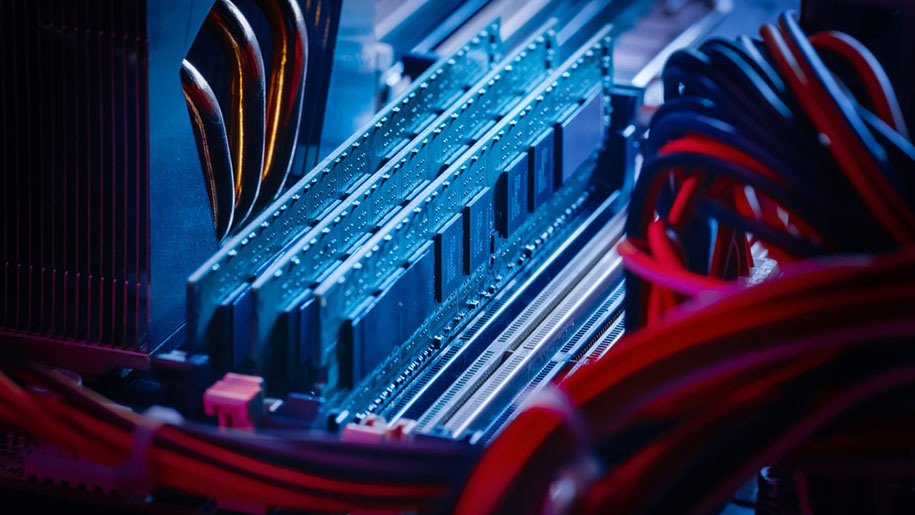
What Kind of RAM Should I Get for My Gaming PC?
So, you're thinking about upgrading your RAM, or looking at RAM for a new gaming PC. What kind of RAM modules will give you the best bang for your buck?
First off, here's an easy one: You'll almost always want a RAM kit with two memory sticks, as this allows you to use the dual channel configuration. Almost all modern motherboards support dual channel RAM, and the general consensus is that dual channel offers better performance than single in many use cases. (Quad channel RAM also exists, but its benefits are less clear.)
Beyond that, there are still a few other important factors to know about gaming RAM — so let's cover them quickly.
Is RAM Speed Important for Gaming?
Size isn't the only RAM spec you'll see in the product listings for memory modules. RAM kits also list their clock speed, or the rate (expressed in MHz) at which the RAM communicates with the CPU. Speeds in the 3200 - 3600MHz range are the most common for current-gen DDR4 RAM, while DDR5 RAM often boasts speeds in the upper 6000s- 8000s. It's worth mentioning that 6000 MHz DDR5 is the current sweet spot for AMD EXPO/Intel XMP profiles, balancing both speed and latency. (More on DDR in just a minute — and no, it's not Dance Dance Revolution.)
So, does RAM speed matter? The short answer (and believe us, there are some long answers out there) is that clock speed matters, but it's not the number one performance factor. You should definitely buy the fastest RAM that's in your budget, but you also don't need to worry about stretching yourself to get the absolute fastest kit available.
It's a similar story when we look at RAM timings, another spec that you'll hear some PC gaming enthusiasts talk about often. Timings do matter at least a little, but unless you're really into tuning your PC performance, they won't have a big enough effect to be worth worrying about.
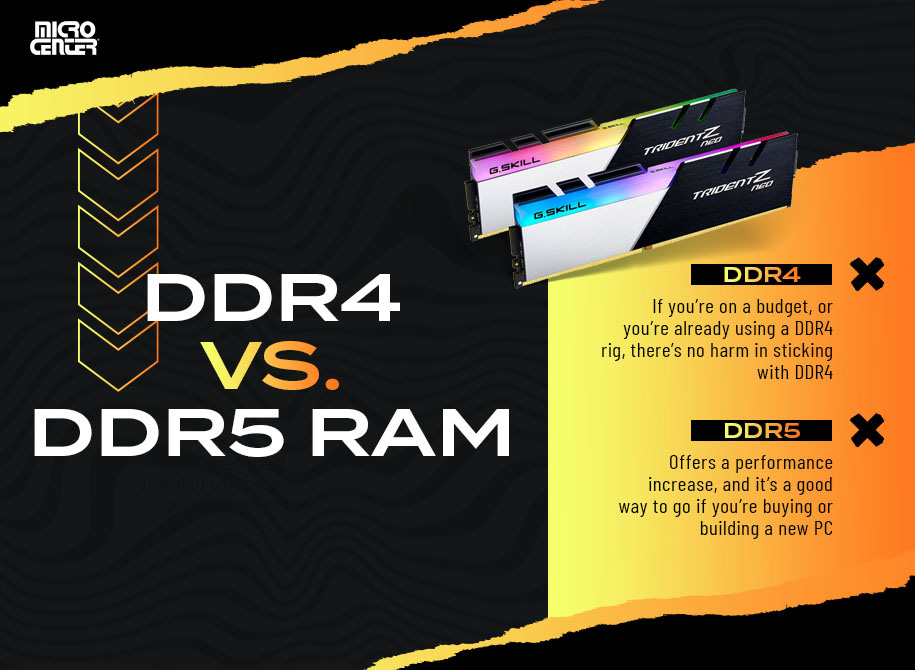
DDR4 vs. DDR5 RAM
Without getting too far into the technical weeds, Double Data Rate (DDR) is one of the technologies that forms the backbone of RAM as we know it today. The DDR standard has gone through multiple generations, with DDR4 and DDR5 being the most recent.
Your motherboard determines which memory type you can use — it will support either DDR4 or DDR5, never both. If you’re building or buying a new gaming PC in 2025, that almost always means DDR5, since it has become the default standard for both Intel 14th Gen and AMD AM5 platforms.
So, is DDR5 worth it? For new builds, absolutely. DDR5 offers higher speeds, better efficiency, and wider availability than ever, with 6000 MHz kits now the sweet spot for gaming. DDR4 is still fine for older rigs, but it’s now considered more of a budget or legacy option rather than a go-to choice for future-proof gaming PCs.
Upgrading Your PC's RAM
Here's some good news: Almost all desktop PCs, and even many laptops, allow users to upgrade the memory by installing a RAM module kit. As long as your RAM isn't soldered to the motherboard (as it is in most Macs and some ultra-thin PC notebooks), and as long as your motherboard has enough slots for additional RAM, you should be able to upgrade.

What's more, the process isn't very hard. In most cases, anyone with basic knowledge of computer hardware can do it. All you really need to do is open your PC case, find the RAM slots, and install the new modules. Note that if you can, it's better to replace all of your RAM at once with modules from the same set. At minimum, you'll want to make sure you get the same brand, model, and clock speed as your existing RAM.
On a hunt for the best RAM for your new PC build? Looking to upgrade your current RAM kit for a little more juice in your gaming PC? Micro Center is the PC gamer's haven for parts of all kinds, with awesome deals and an industry-best selection of RAM kits in all shapes, sizes, and speeds.
Jump into our full selection of RAM here and find a great deal on a RAM kit for your desktop or laptop. Still have some questions about getting the right RAM for you? Our PC experts will be happy to assist! You can chat live with a Micro Center associate or drop by one of our stores for in-person assistance.
Comment on This Post
See More Blog Categories
Recent Posts
Workstation vs. Laptop: Which is Best for your Small Business?
To help you determine whether a workstation or a laptop is the best choice for your business's needs, consider the factors we'll discuss below.
Continue Reading About Workstation vs. Laptop: Which is Best for your Small Business?

